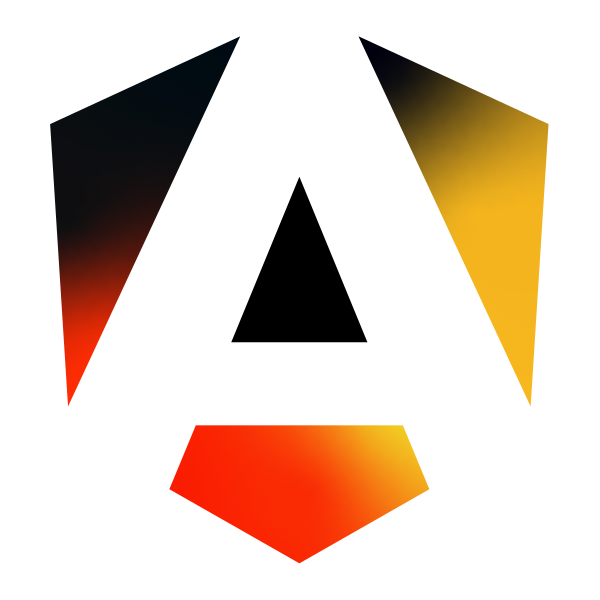Opening video
Conference talks
When it comes to putting stuff on the screen in Angular webapps, HTML+CSS is usually the most appropriate medium. But it’s not the only game in town. Alternative APIs such as SVG and Canvas can provide a lot of extra power when you need it for those dazzling visualizations, UI effects, games, and artistic apps. In this talk we’ll look at how SVG and Canvas graphics can be created with Angular and what we have to keep in mind as we do it.
Angular 2 applications can lazily load modules to improve start-up performance. This session shows by example how to optimize solutions using this approach. Potential pitfalls are described and information is presented about asynchronously preloading modules with both builtin and user-generated strategies to speed up lazy loading.
From writing the AngularJS sources in your favorite code editor to running the application in a production environment, involves a considerable amount of steps. There are the basic steps of transpiling, packing up your files, minification, etc. And to make sure that we have a quality app, we add some unit testing and code coverage to the mix, optionally performing some performance testing. By the way, we need to perform the actual production deployment too.
In this session we'll look at a practical example of how to setup a fully automated release pipeline, so that you can focus on writing code rather than operating a deployment infrastructure.
React and Angular share a lot of architectural decisions and have inspired each other as well. They are both component oriented, have automated changed detection and can render both on the server as well as on the client side. However, there are also quite a few differences in how they work and which philosophy they follow. Based on advanced practical examples we will look at the most interesting differences between those two frameworks. This can help you understand your Angular framework even better and gives you insights into what strengths and what weaknesses it has in certain scenarios.
Modern web applications have constantly growing requirements and their complexity grows exponentially. Some of the biggest challenges in front of us are state management, testability and flexibility. Given the dynamic business environment we need to make sure our projects' design uses well known patterns most developers are familiar with. In this talk I’ll introduce a scalable Angular 2 application architecture, which answers the following requirements: testability, predictable state management, scalable communication layer and modular and robust design.
GraphQL was developed internally at Facebook in 2012. Its main goal was to allow Native Mobile teams to quickly build new products and collaborate within the large Facebook ecosystem without disrupting existing Data Services. In this talk we are going to introduce GraphQL and how we can use it together with the Apollo Client in Angular 2.
In this session, we cover one of the most dangerous attacks in modern web applications: XSS. You will learn how Angular 2 protects you against XSS, and why you shouldn't bypass this protection. We will also dive into the new Content Security Policy, and through a few examples, I will show you how you can use CSP to enhance the security in your client-side context.
If concepts like View, ViewContainer, TemplateRef or HostView get your head spinning - fear no more! During this talk I'm going to demystify Angular 2 rendering layer. Spend 30 minutes with me to learn how to handle complex rendering scenarios like a pro!
In this talk we'll take a deeper dive into Angular 2 Reactive forms and utilise the powerful APIs Angular 2 offers for complex forms, validation and much more.
After movie
Workshops
By Strongbrew. StrongBrew does not only stand for the fact that we adore the famous Belgian beers, but we also look at our workshops as brews, certain recipes to create awesome webapps. We also hold strong opinions on how one should create webapplications, and even though there are multiple ways to get stuff done, we would love to teach you how we do things.
By Thoughtram. We help people to get a deep understanding of different technologies through trainings and code reviews. Our services can be arranged online, making it possible to join in from anywhere in the world, or on-site to get the best experience possible.










































